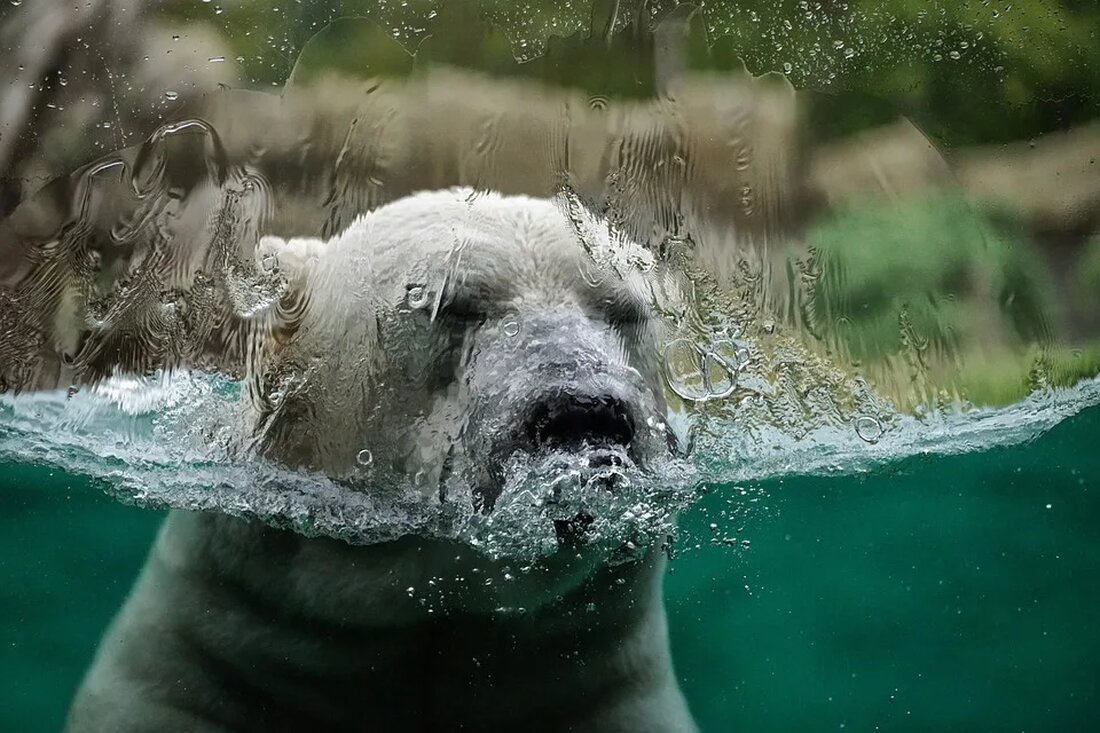Climate change and migration: A complex issue
Climate change is undoubtedly one of the greatest challenges of our time. It affects us all, be it through extreme weather events, loss of biodiversity or changes in land and water use patterns. One of the impacts that is often overlooked, or at least underestimated, is migration. However, the relationship between climate change and migration is a complex issue and cannot be explained by climate factors alone. Climate Change: A Powerful Factor Climate change is a global process, but its effects affect different parts of the world differently. Regions that are already characterized by extreme poverty, political instability, war and conflict are even more affected by...

Climate change and migration: A complex issue
Climate change is undoubtedly one of the greatest challenges of our time. It affects us all, be it through extreme weather events, loss of biodiversity or changes in land and water use patterns. One of the impacts that is often overlooked, or at least underestimated, is migration. However, the relationship between climate change and migration is a complex issue and cannot be explained by climate factors alone.
Climate change: A powerful factor
Climate change is a global process, but its effects affect different parts of the world differently. Regions that are already characterized by extreme poverty, political instability, war and conflict are even more severely affected by climate change. Extreme droughts, tropical storms and rising sea levels can place immense pressure on local populations, especially in countries that do not have the necessary infrastructure and resources to adapt or mitigate the damage.
Impact of climate change on livelihoods
In many developing countries, people are heavily dependent on agriculture and natural resources. Climate change can therefore have a significant impact on food security by altering the growing and conservation conditions for a wide range of crops. Fisheries and livestock farming can also be affected by changes in the ecosystem and water availability.
Increased risk of conflict
The social consequences of climate change can also contribute to migration. Extreme weather events and the resulting lack of resources can lead to increased conflicts over water and land. Various studies have already found that climate change is a "threat multiplier" that exacerbates pre-existing tensions and conflicts and can have destabilizing effects on entire regions.
Migration as an adaptation strategy
Migration is often seen as a last option when all other adaptation options have been exhausted. However, it is also a proven strategy for coping with external stress and can therefore be viewed as an adaptation measure to climate change.
The complexity of migration decisions
It is important to emphasize that the decision to migrate is a complex process determined by various factors. In addition to environmental changes, socioeconomic, political and demographic factors also play a decisive role. So there is no direct cause-and-effect relationship between climate change and migration.
Categories of climate-induced migration
Patterns of climate-induced migration can vary greatly. They can be temporary or permanent, within a country or across national borders. In addition, they can also be carried out by individuals, families or entire communities.
Internally displaced persons, refugees and migrants
The terms “internally displaced persons,” “refugees,” and “migrants” are often used interchangeably. However, it is important to recognize their differences. Internally displaced persons are people who have been resettled within their own country, while refugees are people who have left their country due to persecution, war or violence. Migrants are people who voluntarily move to another country for various reasons, including economic ones.
Climate refugees: A controversial term
The term “climate refugee” is controversial in academic and political debate. From a legal perspective, it is problematic because refugee law requires individual persecution. It can also distract from the complexity and diversity of migration patterns and reasons.
Challenges and opportunities for the future
There is no doubt that climate change and migration represent significant challenges. But it is also an opportunity to redouble our efforts to combat climate change and create more just, inclusive and sustainable societies.
International cooperation and policy making
Combating climate change and managing its impacts requires strong international cooperation. It is crucial that support is given to the most affected countries, which often have the fewest resources to address the challenges. In addition, a comprehensive and flexible migration policy that respects the rights and needs of migrants is crucial.
Science and research
Scientific research on climate change and migration continues to increase. Improved data availability and research can help inform action and develop effective policies and practices.
Conclusion
The relationship between climate change and migration is a complex issue that has far-reaching implications for societies around the world. Although climate change represents a serious threat, it can also be seen as an opportunity to create fairer, more inclusive and sustainable societies. It is crucial that policymakers, civil society and academia work together to address the challenges and take full advantage of the opportunities available.

 Suche
Suche
 Mein Konto
Mein Konto
